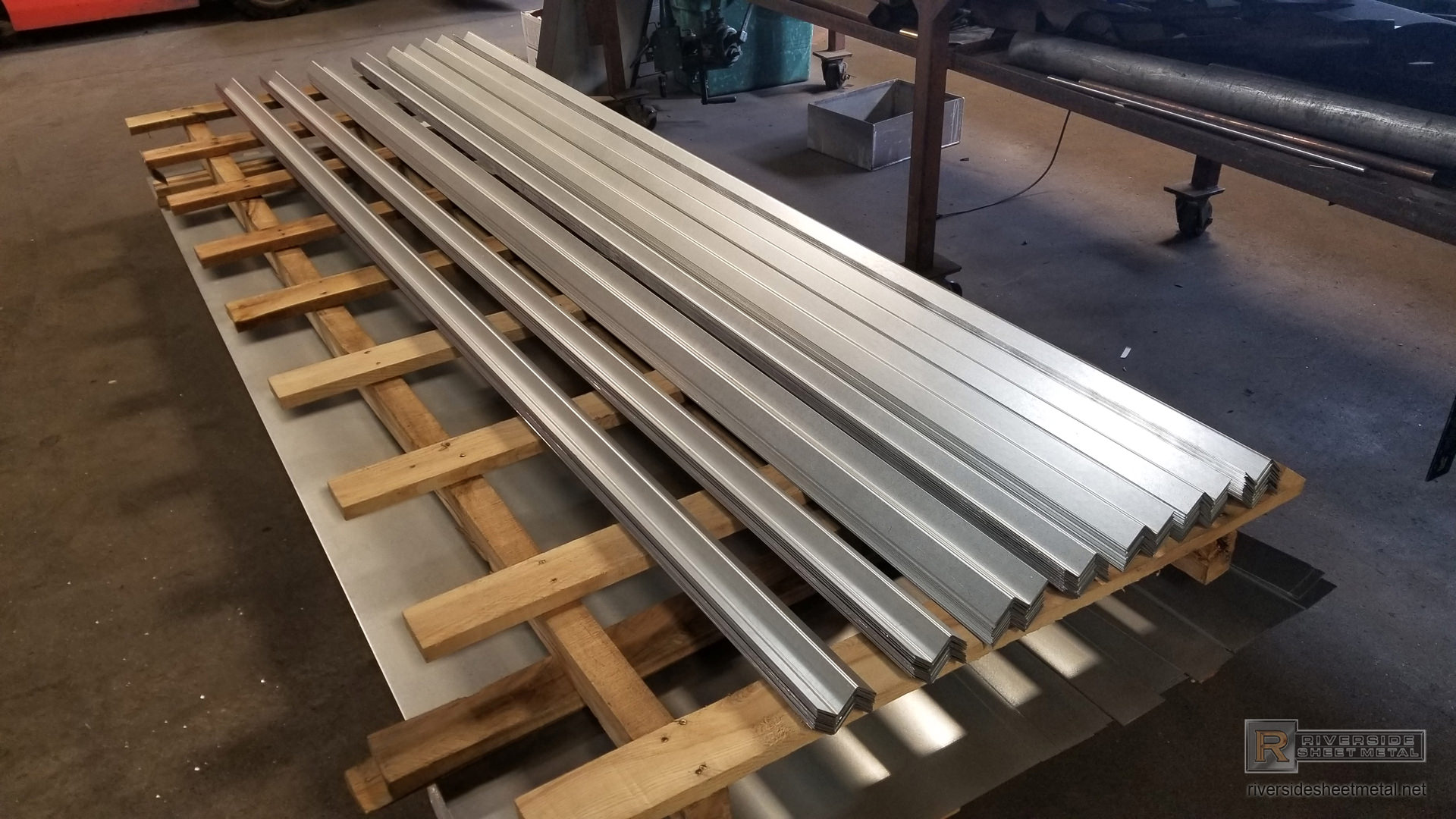How to Soundproof a Fence: Blocking Your Neighbor’s Noise
If your home is subjected to noise pollution, you should know how to soundproof a fence. There’s plenty of noise we’d like to keep beyond our property limits, from noisy neighbors to heavy traffic and construction.
Unfortunately, although fences are effective at keeping animals and people out of our yards, they aren’t as effective at keeping noise out.

It’s also likely that you’re the source of all the noise. Consider having to deal with your neighbor’s yells every time you have a party in your backyard throughout the summer. Having a fence that can block part of the sound and minimize its transmission across the properties may save you a lot of aggravation and noise complaints.
Is Soundproofing Fences Effective?
The sound emanating from the street or nearby homes will be reduced by soundproofing your fence. It will have no effect on any irritating noises that reach the interior of your home. If you’ve thoroughly insulated the structure, soundproofing the yard will help to reduce the amount of noise that reaches your door.
As with indoor soundproofing, if you use suitable materials of excellent quality and rigorously follow certain fundamental DIY soundproofing, you can quickly and inexpensively make your yard a quieter area.
The end result will keep your yard much quieter, with a noise reduction of 50-60 percent of decibel possible. Trying to soundproof the outside from the outdoors, as you may well be aware, cannot possibly result in a 100 percent soundproof effect.
Video: Understanding Acoustic Fencing
What Factors Should You Consider Before Soundproofing a Fence?
Before attempting to build a soundproof fence, it is critical that you comprehend the type of sound you desire to absorb through the employment of such a barrier.
You’ll need even more complex materials for higher frequencies. Other things to consider are your home’s location, the overall distance between your home and the fences you want to build, and the dimensions and angles of your yard.
So, How to Soundproof a Fence?
Before you attempt to soundproof your fence, you need first to determine whether it is even possible. A sturdy foundation is required for any soundproofing to be effective. The sound-blocking ability of the fence is mostly due to the fence itself. The additional layers of material only serve as additional insulation.
Take a careful look at your current fence with this in mind. It is unlikely to be of much value in soundproofing your outdoor space if it is too short, too weak, or has any bigger holes. So, rather than spending a small amount on the newest soundproofing technology, you could be better off starting from scratch and creating a new, more durable fence. But if all is well, you can proceed to soundproof your fence with the following techniques:
1. Install Mass-Loaded Vinyl
Adding a soundproofing material called “mass-loaded vinyl” to a wooden noise-barrier fence is one approach to increase its efficacy. Rolls of the product are available for purchase. Check to see if it’s approved for outdoor usage (more info about MLV on soundproofguide.com).
It’s easier to install mass-loaded vinyl to a fence while it’s being constructed rather than after it’s been installed. The latter is absolutely doable, but it necessitates the removal of fence panels and their subsequent reinstallation.
Once you grasp the fundamental components of a wooden fence, installing mass-loaded vinyl is straightforward. The structure’s frame is made up of posts and rails. After that, the mass-loaded vinyl is bonded to the frame.
Overlap the sheets as much as possible to create a solid barrier, and then seal any seams using acoustic caulk. Finally, connect the wooden panels to the fence on both sides (sandwiched between panels).
2. Utilize Plants and White Noise
Regardless of the material you select, your noise-barrier fence will carry the majority of the responsibility for making your home quieter. Other factors, however, might compliment your fence. Here are two examples:
| A. Plant-based materials | Ensure your property is planted with plants with considerable mass, such as trees and bushes, to further block outside noise. Plants will not be adequate to address the problem on their own, but they can absorb enough noise to warrant their inclusion as supplementary noise-barrier elements. Plants can be planted in front of, behind, or on both sides of the fence. The best plants and trees to choose from are evergreens, which can help minimize noise all year. |
| B. Water fountain | Consider noise-blocking components that produce “white noise“. Instead of decreasing noise levels in your yard, some noise-blocking components battle sound with sound. The natural bubbling sounds of a fountain’s flowing water, for example, might disguise some of the less pleasant noises of traffic or a neighbor’s kids running loudly, whether indoors or outside. |
Video: How to Reduce Noise in Your Backyard
3. Build a New Fence from the Ground up if Necessary
There isn’t much that can be done to soundproof a frail fence. If you opt to build a new fence, keep in mind that mass is the most important component in soundproofing. As a result, brick or concrete walls are more effective than timber fences in this situation.
If you choose one of these two alternatives, make sure it’s at least 28 inches thick (70 cm). Earth fences, sometimes known as berms, can be effective as well.
If you insist on using wood, adhere to redwood or cedar, and make sure your fence is as tall and as strong as possible. Holes between the boards aren’t an option either. Apply a coat or two of weatherproof paint to the fence once it’s finished to maintain it in good shape for as long as feasible. When constructing a new fence, keep in mind that the closer it is to the source of noise and the further it is from the home, the better.
Related: How to Block Noise from Neighbor’s Yard
4. Construct a Garden Shed
Attaching a garden shed to your fence may be the greatest method to increase its sound-blocking capabilities. As a result, there will be a lot of sheer mass in the way of the sound, thus the larger the garden shed, the better.
You may also use internal sound-blocking and sound-absorbing materials like foam tiles, acoustic panels, or noise-reducing curtains to soundproof the shed’s inside. These will provide an additional layer of insulation.
5. Plant Hedges and Greens
Finally, around the fence or elsewhere in your yard, try planting bushes, trees, or dense shrubs. Although dense plants cannot prevent sound, they are quite good at noise absorption.
Furthermore, they will enhance the appearance of your garden in a way that few other things can. If you don’t have a green thumb, however, there are a number of fake plant panels available. Many of them were created specifically to assist mask external noises.
6. Other Techniques
| Noise-canceling Curtains should be hung | Don’t only focus on the fence or the garden shed while trying to silence outside noises. Consider the interior of your home as well, as you will most likely spend more time within than outdoors. Hanging noise-blocking drapes on all of your windows is a simple and inexpensive approach to increase your home’s soundproofing. These are available in a variety of colors and sizes and are a perfect option for renters who aren’t permitted to meddle with the fences, walls, or windows. |
| Use soundproofing materials on your doors and walls | Applying soundproofing materials to your doors and walls is another way to decrease noises coming from the yard or garden. MLV panels, Foam Tiles, acoustic blankets, Acoustic panels, and a variety of other items can help make your house more silent. |
| Double-Glazed Windows should be installed | Finally, if you haven’t already done so, double-glazing your windows (or your french doors) is a good idea. While this is a more expensive and time-consuming option, it is one of the most effective methods for blocking unpleasant outside noises. Double-glazed windows also assist to keep sound inside, keeping your private discussions safe from inquisitive eyes. |
Video: Acoustic Fence Wrap
Are Soundproofing Fences Effective?
While the term “soundproof” is a little misleading because soundproof fences can function and may be quite successful at blocking sound if you pick the proper type of fence and construct it correctly. They’re also known as acoustic fences, and they’re ideal for reducing backyard noise because they provide a barrier against sound waves originating from outside your home.
Sound travels indirect channels until it meets an obstruction. Some of the sounds will pass through and the remainder will be deflected, based on the surface it hits. If your home is subjected to noise pollution, soundproofing fences may be the most practical solution.
Soundproof fences do exactly what they’re supposed to on the tin: they isolate your house and yard from street noise while not transforming your property into a silent paradise. Read more about soundproofing fences on soundproofpanda.com
In Conclusion
If you wish to block noise from your neighbor’s yard, or just want to reclaim your peace from the noise coming outside your house, soundproofing your fence is the smartest thing to do! Thankfully, whatever the cause of that bothersome noise is, you may put an end to it with the DIY construction of a fence that borders your yard.
If you are familiar with the usage of some basic building equipment and materials, the process is fairly straightforward, and the end result will certainly surprise you. You may soundproof your fence using a number of materials, with loaded mass vinyl being the most popular in current markets.
The quantity of noise that reaches your doorstep will also be reduced by soundproofing your fence. As a result, when these techniques are combined with an interior soundproofing solution, you will notice a significant improvement in the quality of your sleep and the silence of your home. After all, we should all prioritize spending some relaxing and peaceful time in our home.



